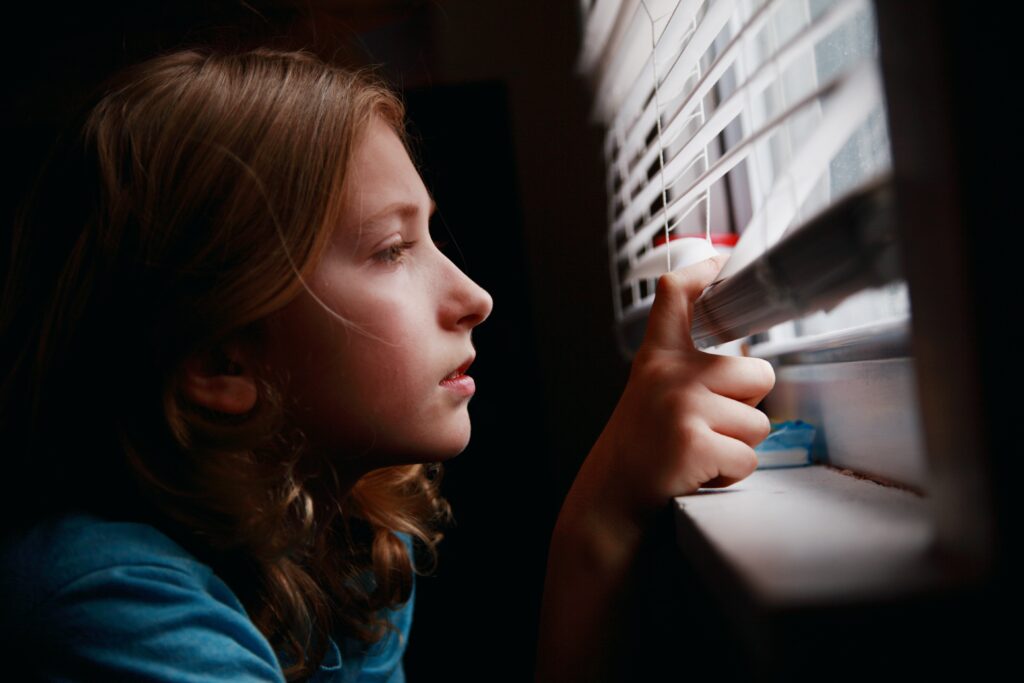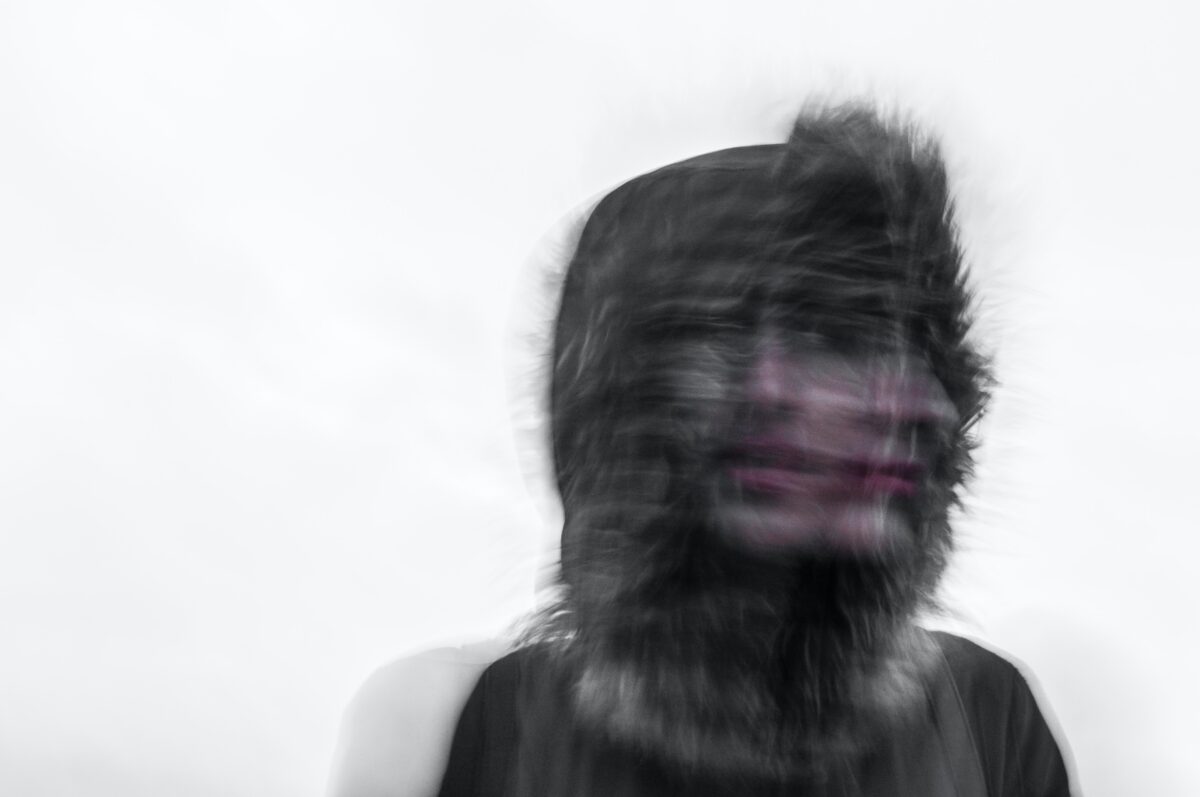Recently on the Bangers and the Broad podcast, the discussion of how mommy and daddy issues, which usually stem from a toxic and/or nonexistent relationship with one or both parents, can become apparent in the way someone acts and the type of relationships they tend to have. People with mommy and/or daddy issues often struggle with abandonment and trust. They need more reassurance and validation in their relationships with friends and partners.
Daddy Issues
Stereotypically, daddy issues involve women seeking out older men or developing codependency, whereas, men have this false identity of what it means to be a man. In Dr. Whitbourne’s article “Why Do Some Women Date Much Older Men”, she discusses how older men appeal to younger women because of their financial ability to take care of them. For men, the lack of a good paternal role model can lead to toxic masculinity. They try to be “tough” at all times because they’re taught this unrealistic image of always having to be dominant and aggressive.
Mommy Issues
Mommy issues, on the other hand, lead women to act out, sleep around, and not know how to properly express their emotions. While men also have issues showing their emotions due to the cliché that “real men don’t cry”, it’s usually because they don’t have a mother figure to show them otherwise. It can also result in insecurity where they need the women in their lives to prove themselves to be loyal and trustworthy.
Women are more known to have daddy issues and men have mommy issues, despite the fact that they could have either or both.
In the Bangers and the Broad podcast, Dr. Mario Rocha speaks about how personality disorders, such as Borderline Personality Disorder, Narcissistic Personality Disorder, and sociopaths, often stem from severe abuse and dysfunctional relationships with their parents. This also instills the proposal that parents are a big cause in their children’s mental health and personality issues.

The idea that a child will be “good” when they grow up just because they grow up in a loving, nurturing environment and that a child will have more issues when they grow up without the attention of one/both parents, are more likely to happen than not. However, these ideal living situations don’t always correlate with the common endings. While these scenarios are more likely to occur, they don’t account for genetic mental health issues.
This doesn’t mean that a “good” child cannot come from a one-parent home. For many people, one parent had to take on both roles and, in many instances, succeeded.
Personally, I come from a loving home with two parents that could financially support me and always wanted the best for me. While my dad may not be my biological father, I wouldn’t necessarily say that I have daddy issues because of it. I believe that a lot of my “daddy issues” stem from my mental illnesses which created other involuntary issues within my head. So, while some may say that I had daddy issues because of the things I might do or say that correlate with ‘normal’ daddy issues, I think that the majority of my actions come from the mental illnesses I gained from being my mother’s child.
Daddy and mommy issues don’t make someone less of a person either. It just means they need extra comfort and love sometimes. Issues that stem from dysfunctional families can have results similar to mental health issues; some people just need the extra support, that’s all it is.





